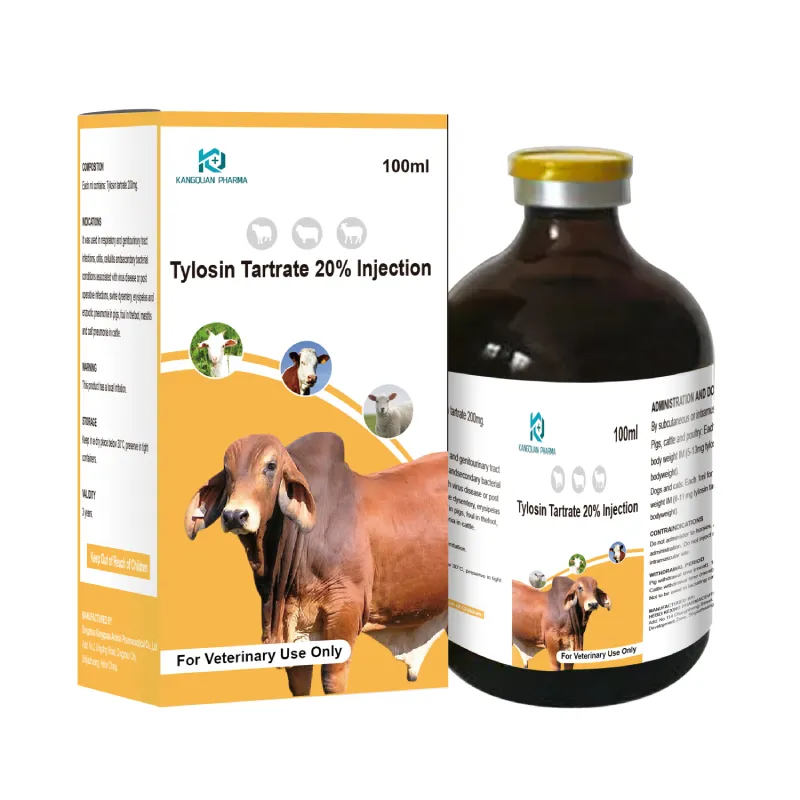- Afrikaans
- Albanian
- Amharic
- Arabic
- Armenian
- Azerbaijani
- Basque
- Belarusian
- Bengali
- Bosnian
- Bulgarian
- Catalan
- Cebuano
- Corsican
- Croatian
- Czech
- Danish
- Dutch
- English
- Esperanto
- Estonian
- Finnish
- French
- Frisian
- Galician
- Georgian
- German
- Greek
- Gujarati
- Haitian Creole
- hausa
- hawaiian
- Hebrew
- Hindi
- Miao
- Hungarian
- Icelandic
- igbo
- Indonesian
- irish
- Italian
- Japanese
- Javanese
- Kannada
- kazakh
- Khmer
- Rwandese
- Korean
- Kurdish
- Kyrgyz
- Lao
- Latin
- Latvian
- Lithuanian
- Luxembourgish
- Macedonian
- Malgashi
- Malay
- Malayalam
- Maltese
- Maori
- Marathi
- Mongolian
- Myanmar
- Nepali
- Norwegian
- Norwegian
- Occitan
- Pashto
- Persian
- Polish
- Portuguese
- Punjabi
- Romanian
- Russian
- Samoan
- Scottish Gaelic
- Serbian
- Sesotho
- Shona
- Sindhi
- Sinhala
- Slovak
- Slovenian
- Somali
- Spanish
- Sundanese
- Swahili
- Swedish
- Tagalog
- Tajik
- Tamil
- Tatar
- Telugu
- Thai
- Turkish
- Turkmen
- Ukrainian
- Urdu
- Uighur
- Uzbek
- Vietnamese
- Welsh
- Bantu
- Yiddish
- Yoruba
- Zulu
7 月 . 20, 2024 10:26 Back to list
Essential Guide to Effective Disinfection for Reptile Habitats and Health Maintenance Solutions
Reptile Disinfectants Ensuring a Safe Environment for Your Cold-Blooded Companions
Caring for reptiles requires not only proper feeding and habitat management but also stringent hygiene practices to prevent disease and maintain their well-being. Disinfectants play a crucial role in ensuring a safe and healthy environment for these cold-blooded pets. Understanding the importance of reptile disinfectants and how to use them effectively is key for any reptile owner.
The Importance of Disinfectants
Reptiles are particularly susceptible to various pathogens, including bacteria, fungi, and viruses. Because many reptile species are carried in close quarters with little ventilation, the spread of diseases can occur rapidly if the environment is not properly sanitized. Common infections in reptiles include respiratory infections, salmonella, and skin diseases, which can arise from dirty habitats. Therefore, routine disinfection of enclosures, feeding areas, and equipment is essential in preventing outbreaks and ensuring your pet's health.
Choosing the Right Disinfectant
Not all disinfectants are safe for reptiles. When selecting a product, it is crucial to choose an appropriate disinfectant that is both effective against potential pathogens and safe for your reptiles. Common disinfectants include
1. Virkon S This is a well-known veterinary disinfectant that is effective against a broad spectrum of pathogens. It is safe for most reptiles when used according to the manufacturer’s instructions.
2. F10 Disinfectant This product is highly regarded in the reptile community and is known for its low toxicity to animals while effectively combating bacteria and viruses.
3. Chlorhexidine Often used for wound cleaning, chlorhexidine is a skin-safe disinfectant that can also be utilized for general cleaning purposes in reptile habitats.
4. Bleach Solutions While bleach can be effective against many pathogens, it must be diluted properly (typically a 110 solution) and must be thoroughly rinsed before reintroducing your reptiles to the cleaned area. Improper use of bleach can lead to harmful residues.
Proper Disinfection Practices
reptile disinfectant

When disinfecting a reptile enclosure, follow these best practices to ensure effective results
1. Remove All Items Start by removing your reptile, substrate, decorations, and any other items in the enclosure.
2. Physical Cleaning Before applying a disinfectant, thoroughly clean surfaces with soap and water to remove organic matter. This step is crucial, as dirt and debris can inhibit the effectiveness of the disinfectant.
3. Apply the Disinfectant Once the surfaces are clean, apply the chosen disinfectant according to the manufacturer's instructions. Ensure that all surfaces, including corners and cracks, are thoroughly saturated.
4. Contact Time Allow the disinfectant to sit for the recommended contact time to ensure it effectively kills any pathogens present.
5. Rinse Thoroughly After the contact time has elapsed, rinse all surfaces thoroughly, especially if you've used bleach or other strong disinfectants. This step is vital to prevent any chemical residues that could harm your reptile.
6. Allow to Dry Ensure all surfaces are completely dry before returning your reptile to the habitat. This drying time can help to further reduce the presence of pathogens.
7. Routine Disinfection Establish a regular cleaning and disinfection schedule to maintain a healthy habitat for your reptiles. Frequent cleanings can help prevent the buildup of harmful microorganisms.
Conclusion
Using disinfectants in the care of reptiles is essential for disease prevention and the overall welfare of these unique pets. By selecting the right products and adhering to proper cleaning practices, you can create a safe and healthy environment for your cold-blooded companions. Remember, a clean enclosure not only benefits your reptiles but also provides peace of mind for you as a responsible pet owner. Through diligence and care, you can ensure your reptiles thrive in a pristine setting.
-
The Power of Radix Isatidis Extract for Your Health and Wellness
NewsOct.29,2024
-
Neomycin Sulfate Soluble Powder: A Versatile Solution for Pet Health
NewsOct.29,2024
-
Lincomycin Hydrochloride Soluble Powder – The Essential Solution
NewsOct.29,2024
-
Garamycin Gentamicin Sulfate for Effective Infection Control
NewsOct.29,2024
-
Doxycycline Hyclate Soluble Powder: Your Antibiotic Needs
NewsOct.29,2024
-
Tilmicosin Premix: The Ultimate Solution for Poultry Health
NewsOct.29,2024













